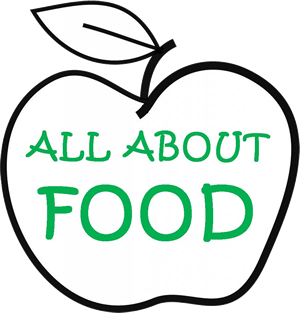 The Food Standards Agency commissioned social research to develop its evidence base on issues affecting consumers and businesses in order to inform its COVID-19 response. The published data includes waves from April to July 2020, the data from future waves will be published in due course.
The Food Standards Agency commissioned social research to develop its evidence base on issues affecting consumers and businesses in order to inform its COVID-19 response. The published data includes waves from April to July 2020, the data from future waves will be published in due course.
Ipsos Mori were commissioned to track consumer attitudes through an omnibus survey. Bright Harbour were commissioned to produce qualitative reports on the lived experience of people living in food insecurity during COVID-19 and the impact on consumers’ engagement with the food system in June and July 2020.
Additionally, the FSA undertook in house social media listening to support their insight gathering around the impact of COVID-19 on food safety, food authenticity and food regulation.
In addition, the COVID-19 expert panel was set up to help identify the most important implications of the COVID-19 outbreak in relation to food policy. The FSA drew on its networks of leading researchers and industry experts between April and July 2020.
Eating food past use-by dates
The number of people who reported eating more risky food past its use-by date remained relatively consistent across waves, in July the percentages ranged from 16% for smoked fish to 37% for bagged salad. Those experiencing food insecurity or those who were worried about food affordability were more likely to eat those foods past their use-by dates.
The qualitative research showed that more generally, COVID-19 had changed how consumers buy, cook and eat food.
- Experiences of COVID-19 for UK citizens were variable, including time, space to spare, health, employment and financial status, existing food habits, geography and trust in food businesses and systems.
- Many experienced positive changes to household food behaviours that they wished to continue as lockdown eased, for example increased home-cooking and food sharing and increased attention to diet.
- Trust in food businesses had mostly strengthened under COVID-19, driven primarily by a perceived robust ‘return to normal’ after early disruptions like product shortages.
- Participants were eager for clear visual safety cues in shops, particularly clear social distancing.
- Participants were for the most part not thinking in-depth about UK or global food systems under COVID-19. However, awareness of food systems issues were more prominent than in past research.
For the full report and data visit:-
https://www.food.gov.uk/research/research-projects/the-covid-19-consumer-research




Recent Comments